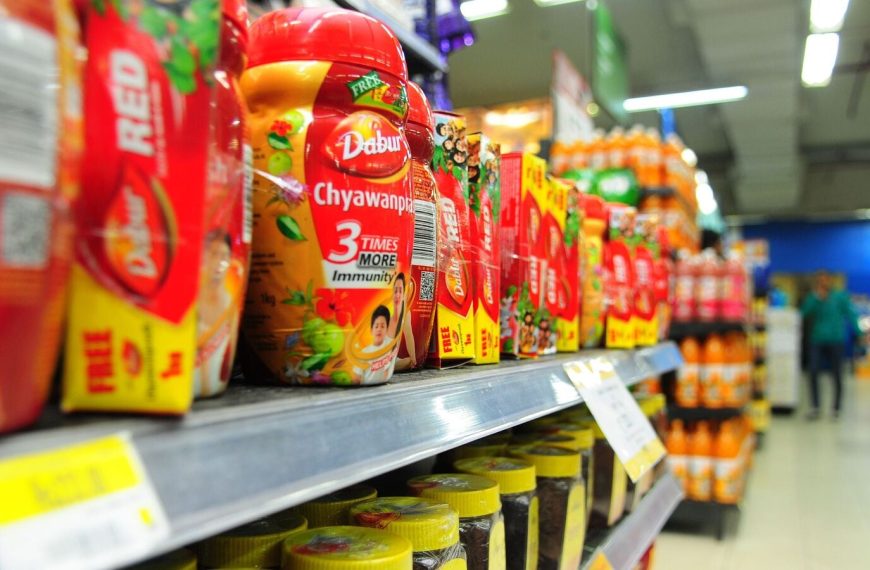ITC Ltd Expands Its Reach with Century Pulp and Paper Acquisition
In a significant move to enhance its footprint in the paper industry, ITC Ltd has announced the acquisition of Century Pulp and Paper from Aditya Birla Real Estate Ltd for ₹3,498 crore. This strategic acquisition is set to boost ITC’s paper-making capacity by an impressive 50%, while also establishing a strong presence in the northern region of India.
A Major Expansion in Paper Capacity
Currently, ITC’s paperboards and specialty papers division boasts an annual capacity of over 1 million tonnes. With the addition of Century Pulp and Paper, which has an installed capacity of 480,000 metric tonnes per annum, ITC is poised for growth. Notably, all of ITC’s existing paper facilities are located in South India, whereas Century’s mill is situated in Lakuan, Uttarakhand.
- Significant Scale: The acquisition is anticipated to create substantial economies of scale.
- Efficiency Gains: It will enable the company to improve customer service and enhance access to key raw materials.
- Operational Resilience: The multi-site operations will mitigate risks and diversify ITC’s portfolio across various industry cycles.
Financial Impact and Future Growth
In the fiscal year 2024, ITC reported a total revenue of ₹69,446 crore, with the paperboards and packaging segment contributing ₹8,344 crore. Century Pulp and Paper’s revenue stood at ₹3,375 crore, making this acquisition strategically advantageous for ITC.
B. Sumant, ITC’s executive director, highlighted that this acquisition aligns perfectly with the company’s vision for growth in the paper sector, especially since existing facilities have reached their capacity limits.
Strategic Shift for Aditya Birla Real Estate
From the perspective of Aditya Birla Real Estate, the sale of their pulp and paper division allows them to concentrate on their core real estate business. R.K. Dalmia, managing director at Aditya Birla Real Estate, emphasized that this strategic decision is part of their ongoing transformation, focusing on sustainable value creation within real estate.
Century Pulp and Paper specializes in various products, including writing and printing paper, tissue paper, and rayon-grade pulp.
Regulatory Approval and Market Potential
This acquisition is pending necessary regulatory approvals and is expected to finalize within six months. India ranks as the fifth-largest producer of paper and paperboards globally, with an annual production of around 23 million metric tonnes and an industry turnover exceeding ₹80,000 crore. The demand for paper products is projected to grow at an impressive 6%-7% annually, making this a promising market for ITC.
Analyst Perspectives and Market Insights
Analysts view this acquisition as a positive step for ITC, enhancing its capacity and market influence beyond southern India. According to Abneesh Roy, executive director at Nuvama Institutional Equities, the move is expected to boost earnings per share (EPS) from the first year of operation, marking a significant addition to ITC’s paper business.
- Cash Reserves: ITC has approximately ₹30,000 crore available, making the ₹3,498 crore acquisition financially feasible.
- Market Dynamics: The current challenges in the paper industry, particularly due to imports from China affecting pulp prices, are anticipated to stabilize.
Future Prospects
ITC is optimistic about the continuous cash flow generation from its paperboards and packaging segment, which is expected to remain robust. The acquisition opens up new avenues for ITC in both domestic and international markets, reinforcing its strategic position in the industry.
As ITC diversifies its portfolio across various sectors, including hotels and fast-moving consumer goods, this acquisition marks a significant milestone in its expansion strategy. The company recently demerged its hotel business, allowing shareholders to benefit from this structural change.
With its diverse business interests and strong financial backing, ITC is well-positioned to navigate the evolving landscape of the paper industry while maximizing shareholder value.










